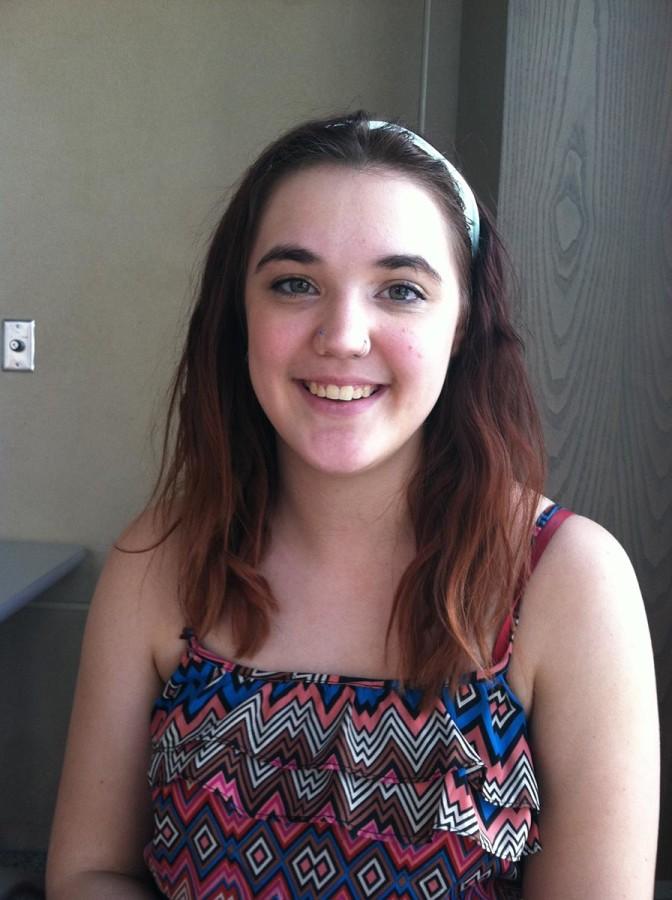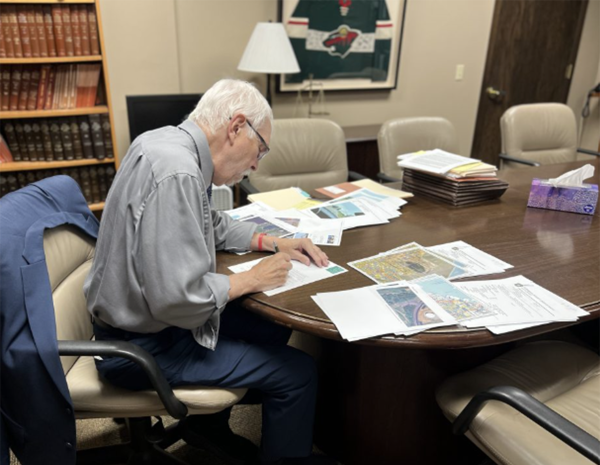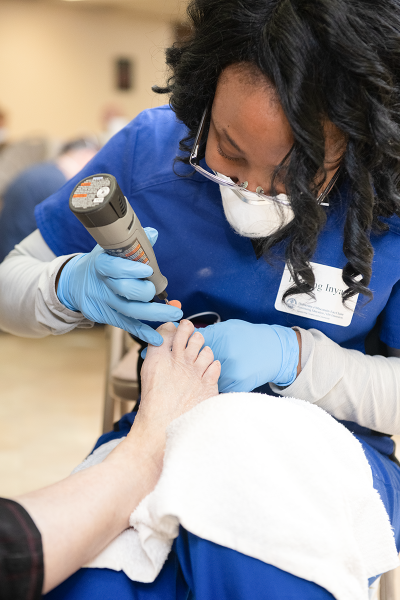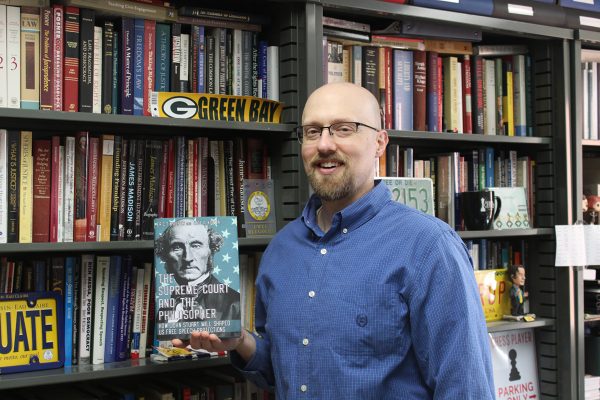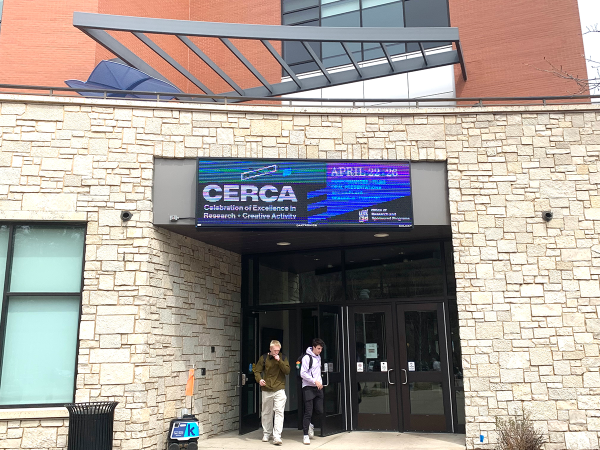Memories in focus: stories about why we are how we are
Photo by Lauren French
Fifteen minutes of Jessica Finman’s freshman year at UW-Eau Claire are blank spaces.
Those brief memories weren’t forgotten, but inaccessible – Finman suffered three five-minute blackouts that left her unable to remember her actions.
“My roommate told me… I came into the room and just was throwing things around the room, yelling and talking to myself,” Finman said. “I came out of it, and I had no idea what had just happened.”
Finman had dealt with depression and anxiety for a while, so she guessed her depression and the episodes were linked. After the third blackout, though, Finman decided to see a doctor in Eau Claire.
Turns out the depression and the blackouts were linked, but one was not the cause of the other. There was something else entirely: a tumor. Finman’s doctors found a Juvenile Pilocytic Astrocytoma, or JPA, pressing on her cerebellum.
JPAs are rare childhood brain tumors that grow slowly, and display various symptoms depending on size and location. Finman’s doctors told her the tumor appeared sometime when she was a child, and has since grown and placed more pressure on her brain.
The cerebellum is the part of the brain that deals with motor-function and coordination, and also correlates with symptoms of depression, Finman’s doctors told her. If Finman had emergency surgery to remove the tumor, they told her, there was a chance her depression would improve, but there was also a chance she would never walk again.
“I’ll always be able to remember how scared I was that day,” Finman said.
Finman decided to go through with the surgery in hopes that her quality of life would improve.
Recovery
Finman, now a junior, recalls how much her decision to have the tumor removed has affected her life.
Finman said her depression virtually disappeared, and she didn’t lose her ability to walk. The road to recovery wasn’t easy, though — it took about five or six weeks before Finman could walk around campus unaided.
Finman still notices some setbacks to the surgery — she tires more easily, and it’s harder to process information. But Finman said she’s learned to focus on what she can do rather than what she can’t.
“I couldn’t walk by myself, and it was just so odd to me that something I did every day was taken from me,” Finman said. “I just really didn’t grasp what I had (before the surgery).”
Allison Prahl, an Eau Claire senior and Finman’s friend from before the surgery, said Finman’s recovery process speaks a lot to her personal development.
“I’ve seen her become such a strong and independent person through it all,” Prahl said.
Finman’s experience influenced her career goals, as well. Prior to her procedure, she majored in marketing and intended to start her own company. She said she was more focused on making money than benefitting others.
Post-surgery, however, Finman changed her major to integrated strategic communications, and intends to work with children in hospitals.
“Thinking about how scared I was… that’s why I want to work with kids,” Finman said. “If it was that scary for an adult to deal with, I can’t imagine how a kid would take that.”
One of Finman’s post-surgery achievements was a study-abroad trip to India over her winter break this year, despite skepticism from family and friends.
Finman said relatives were worried about her health abroad, but she overcame those fears.
“I appreciate that trip to India so specifically because I was told I couldn’t do it,” Finman said. “But I did.”

